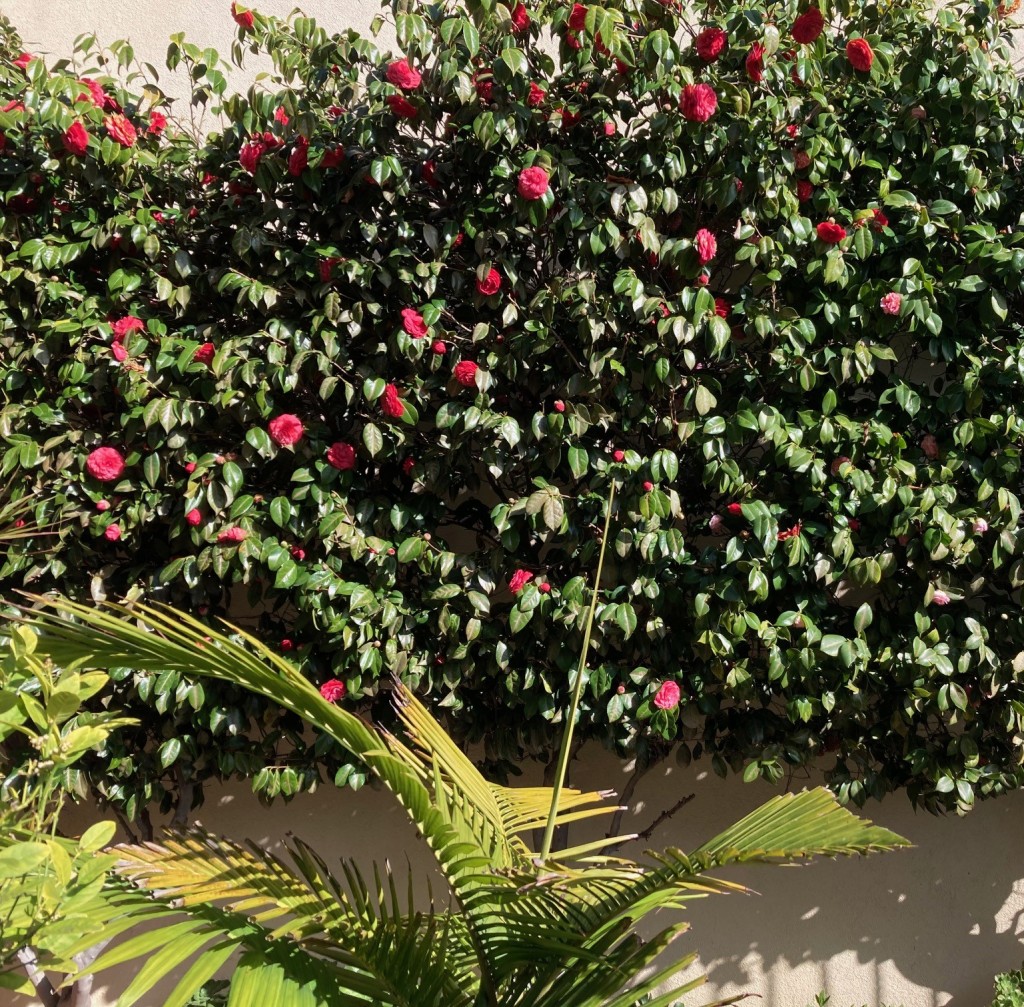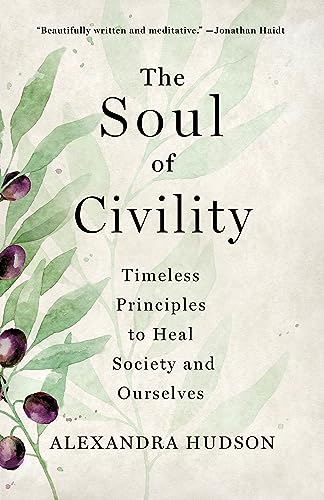Tags
Climate Crisis, Earth Day 2024, Environmental Degradation, Illiteracy and Aliteracy, North Carolina/USA Poet, Poem “Earth Crisis” by Kym Gordon Moore, We Are Poetry: Lessons I Didn’t Learn in a Textbook by Kym Gordon Moore

Photo Credit: Amazon Author Page
My Poetry Corner April 2024 features the poem “Earth Crisis” from the poetry collection We Are Poetry: Lessons I Didn’t Learn in a Textbook (USA, 2022) by Kym Gordon Moore, an African American poet and marketing communications professional. The following excerpts of poems are all sourced from this collection.
Moore earned a Bachelor’s Degree in Criminal Justice and a Master of Business Administration degree with a concentration in Marketing. Born and raised in South Carolina, she now lives in Charlotte, North Carolina.
With over four decades as a writer and public speaker in marketing communications, Moore has become an advocate of using poetry in the fight against illiteracy and aliteracy among children and adults. She also mentors young and aspiring poets by identifying commonalities in their personal stories while exposing them to diverse opportunities that transform their experiences into creative development.
Moore’s latest book is not your regular collection of poetry. As noted on the back cover: “This book contains several components that serve as an academic complement giving creative insight into the poetry revolutionary movement. It functions as a dialogue engineer, designed to build and employ the application of poetry in the fight against illiteracy, functional illiteracy, aliteracy, and disparity.”
Continue reading












